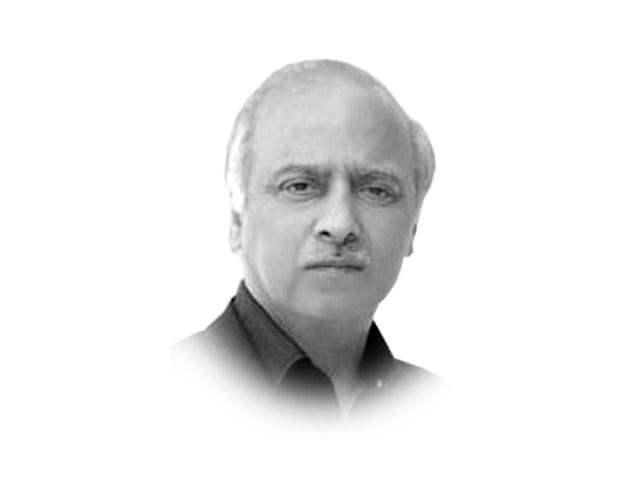Where is the narrative?
What is needed? First, a credible national narrative and then another to counter the al Qaeda-led narrative.

Tragically, what we have is a conflation of viewpoints as put out by the civilian and military leadership, reflecting often confused, apologetic approaches and intellectual poverty within the governing structures. Another top-down obstacle in the way of a national narrative is the lack of understanding of the issues of even those officials responsible for counterterrorism and counter-insurgency. Clear identification of the causes of terrorism and the insurgency is missing, hence leading to a muddled response.
The absence of a clear and candid state narrative on relations with India or the US, or the need for fighting non-state actors has only weakened the state. Non-state actors prey on the government’s confusion, disunity between army and the civilians, disconnect between the state and the society, and the omnipresent sense of insecurity (physical, food, electricity, inflation).
High-profile talks with the TTP are a case in point; Interior Minister Nisar Ali Khan stood out as a sympathiser of the dialogue — evident from the hue and cry he raised — over the death of Hakimullah Mehsud on November 1 last year.
Most of the cabinet sided with the prime minister and the army, but the interior minister thought they blew holes in his strategy. Senior officials, who attended national security meetings, speak of the “indecision and absence of consensus” among key stakeholders, with Nisar believing that the army was once again taking the lead by forcing the government into accepting its advance into North Waziristan.
He also fell out of favour with Prime Minister Nawaz Sharif over the latter’s tacit approval for the North Waziristan offensive. Nisar remained an avid and avowed supporter of the political option, but his narrative was totally flawed. As was the diagnosis of which shades of the Taliban to talk to. His strategy was premised on befriending militants, without realising that some of them are pawns in a proxy war that is very much a consequence of Pakistan’s own policies.
What is needed? First, a credible national narrative and then another to counter the al Qaeda-led narrative.
The primary prerequisite, however, is clarity in objectives, i.e., clearly defined targets and correct diagnosis of the problem. They need to speak with one voice over issues such as talks with the TTP, or the compulsion of cooperation with the United States. Both the army and the civilians need to win the trust of the people by demonstrating their commitment to rule of law through their actions.
Selective targeting of militants and terrorist groups erodes peoples’ trust in state institutions, confuses them, and strengthens non-state actors; when faced with multiple insecurities, people tend to retreat into their own silos rather than stepping forward in support of the state in its fight against crime and terrorism. This probably is the most detrimental element in the state’s counter-insurgency endeavours.
Al Qaeda and its Pakistani affiliates, on the other hand, easily conflate poor governance and the state incapacity to defend its citizens into their anti-state narrative. The state, unfortunately, lacks a unified view and course of action against these narratives.
For this, the civilians must show that they possess the vision and also express their preparedness for taking issues head on. The army, on the other hand, will need to be flexible and accommodating to the civilian view.
Published in The Express Tribune, July 9th, 2014.
Like Opinion & Editorial on Facebook, follow @ETOpEd on Twitter to receive all updates on all our daily pieces.















COMMENTS
Comments are moderated and generally will be posted if they are on-topic and not abusive.
For more information, please see our Comments FAQ